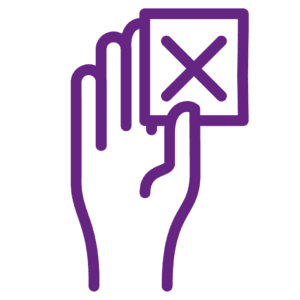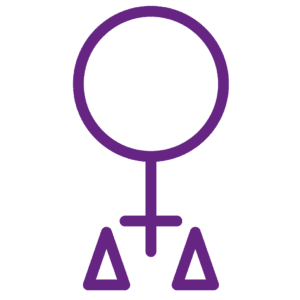The Democratic Republic of the Congo (DRC) is blessed with abundant wealth (minerals, forests, water and land), but 64 per cent of its population lives on less than US$2.15 a day. Armed groups vying to control the country’s vast mineral wealth terrorize civilian populations, resulting in mass displacement.
In 2019, the UN High Commissioner for Refugees characterized the DRC as the epicentre of sexual violence against women in the context of 20 years of conflict in the east of the country. In addition, gender inequalities are widespread.
Women’s illiteracy rates range from 40 to 60 per cent in most regions except Kinshasa. This contributes to all sorts of abuses against women, including impeding them from voting freely and the legitimizing, even by women, of misogynistic customs. It is in this context of challenges to the transition to a peaceful society that the DRC is preparing for presidential elections in December 2023.




Development and Peace ― Caritas Canada works in the DRC because a large majority of the population is excluded from decision-making in public and political life and in the governance of natural resources. Our approach aims to reduce social inequalities, especially those that affect women, such as socio-educational barriers and gender-based violence.
Democratic transition, stabilisation and poverty reduction require the inclusion of women in political life at all levels. To achieve this, our partners are focusing on:
Our program in the DRC has been redesigned to address the issue of women’s place in society and to identify mechanisms that keep part of the population out of political life. A path towards participatory democracy and peace in the DRC cannot be envisaged without women’s leadership and involvement, from the community level up to the highest level, especially during the next elections in December 2023.
About us
Our work
Get involved
Ways to give
Resources
Get in touch
555 René-Lévesque Blvd. West, 8th Floor
Montreal (Quebec) Canada H2Z 1B1
Phone: 514-257-8711
Toll-free: 1-888-234-8533
Fax: 514-257-8497
Email: info@devp.org
Charity number: 1 1882 9902 RR 0001


Our international cooperation program is carried out in part with the financial support of the Government of Canada acting through Global Affairs Canada.
Development and Peace — Caritas Canada is the official international solidarity organization of the Catholic Church in Canada and the Canadian member of Caritas Internationalis.
Copyrights © 2024
Don’t miss anything about the work of our international partners or our awareness and mobilization campaigns.
Sign up now for our newsletter.